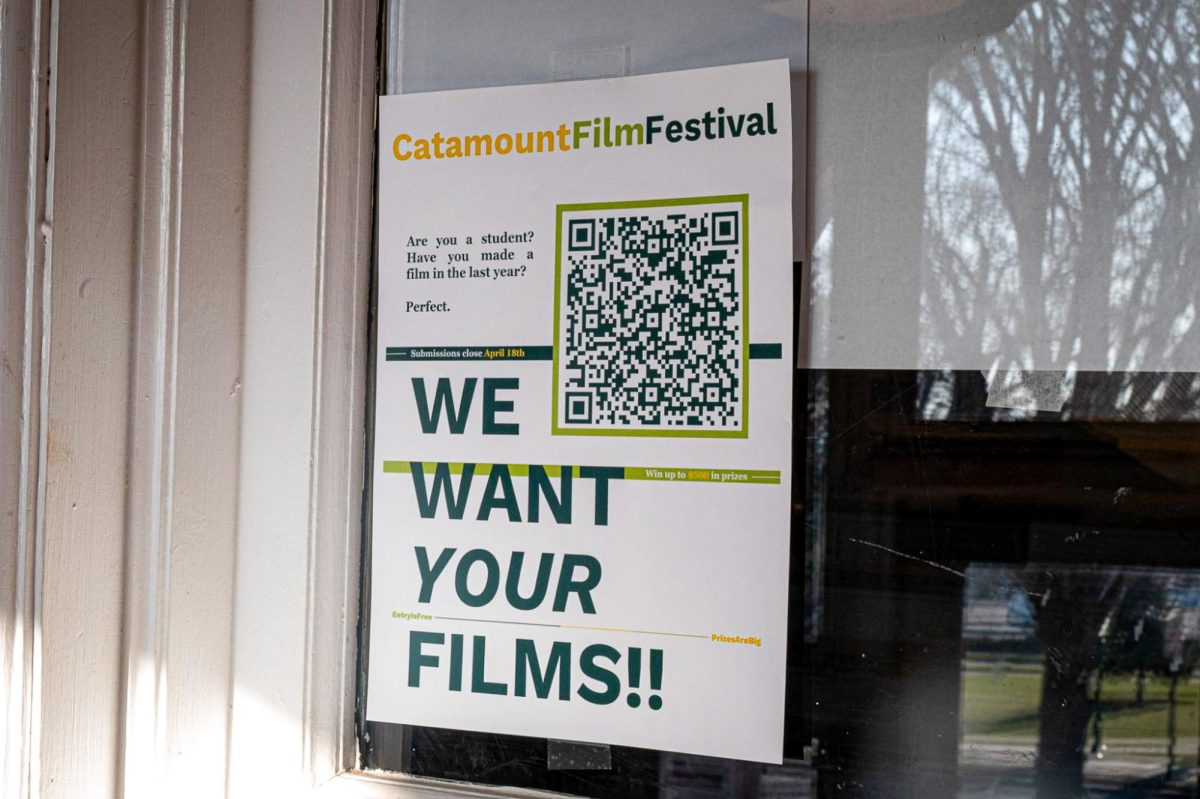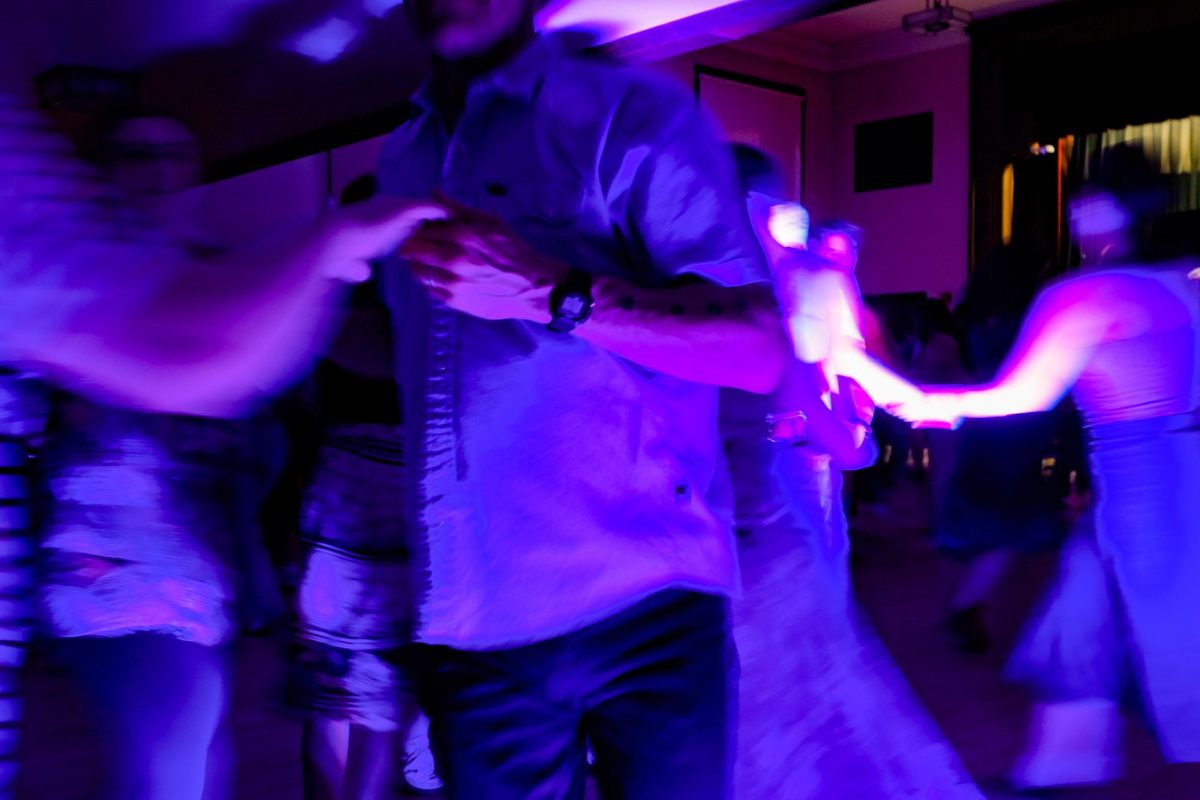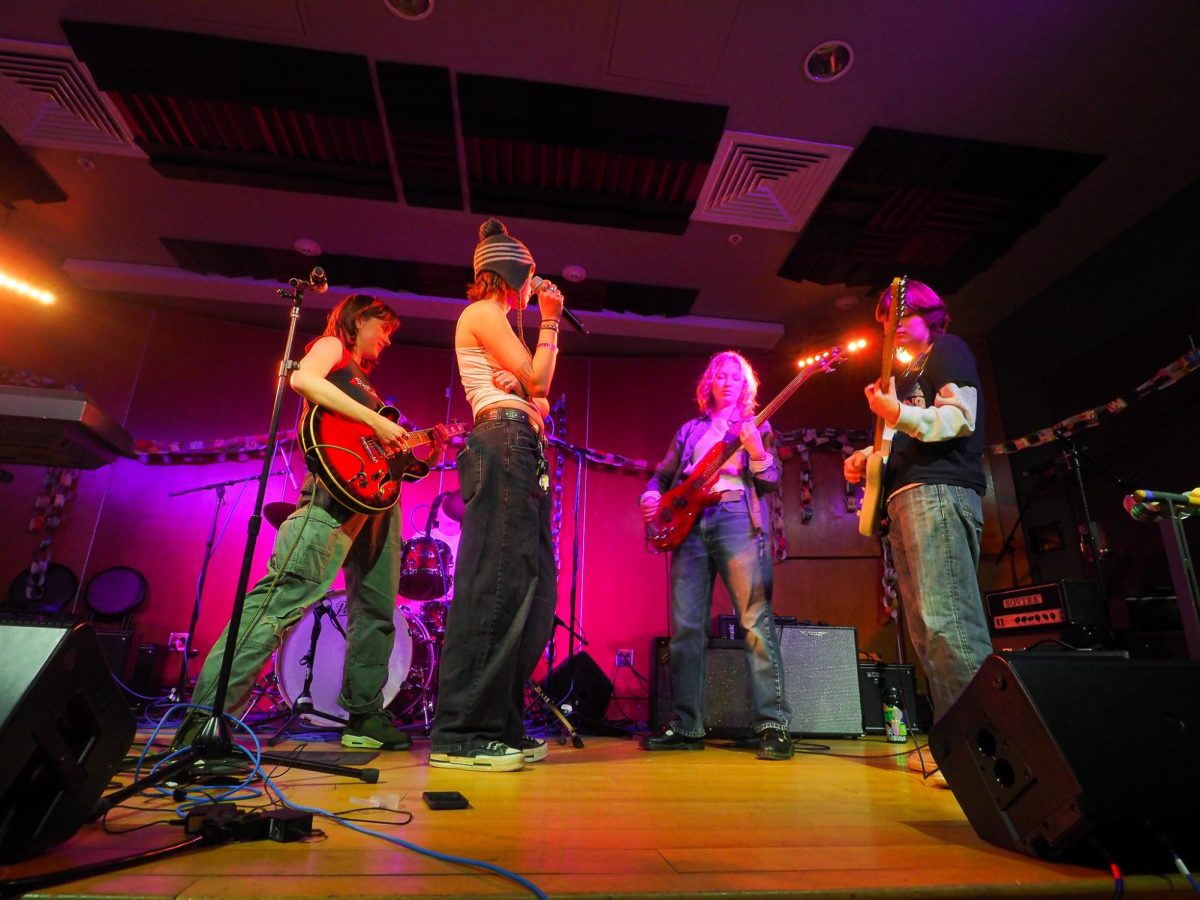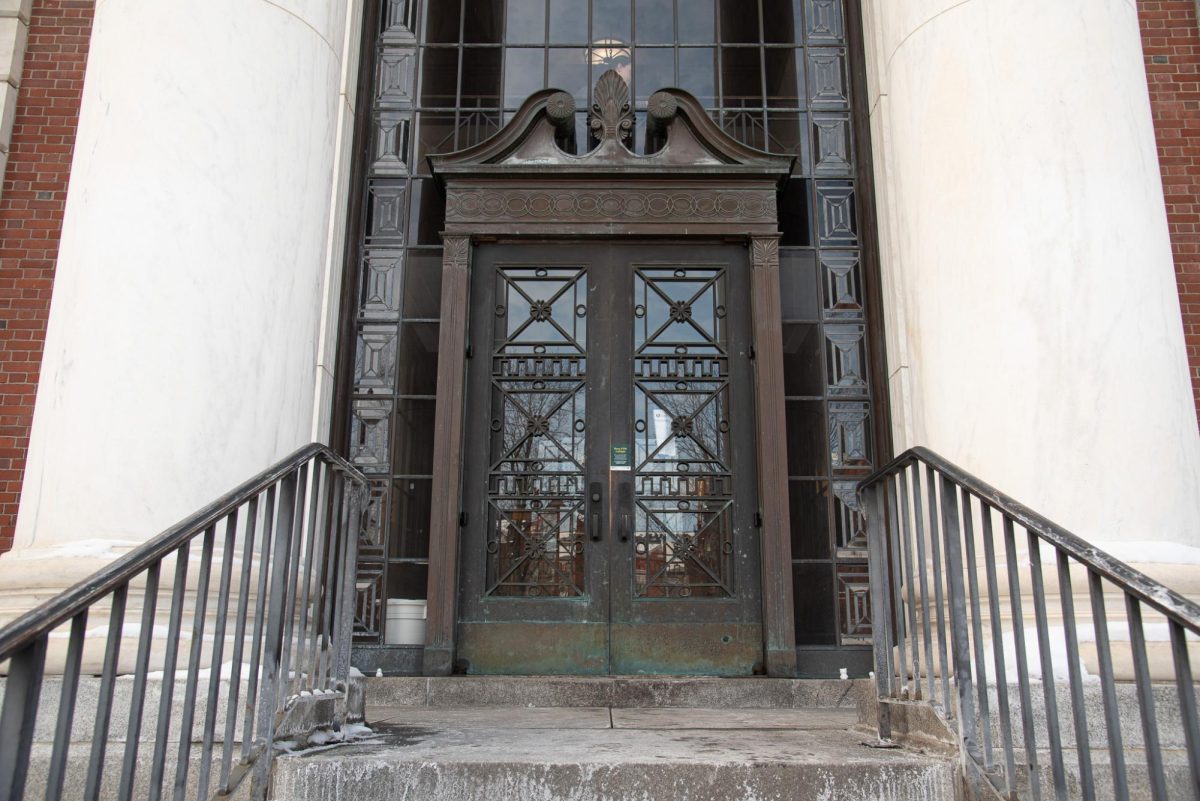According to UVM’s feminist club, CUNTs, its name has been a source of controversy.
Stevie Hunter, a sophomore and co-leader of College Undergraduates Not Tolerating Sexism, shortened to CUNTS, said a man who approached them at an October tabling event was offended by the name.
She said the man was aggressive toward the club members and told them that from the male perspective, the name was bad and they should change it.
“He was really trying to shame us,” Hunter said.
She said this wasn’t the first time the club had been asked to change its name.
“UVM professors are in favor of the club and its name, but other people have voiced different opinions,” Hunter said.
She said she thanks these people for their opinions, but the decision to name the club lies with the members and not with other people’s opinions.
“I’m not going to change the name because one man wanted us to,” Hunter said. “If the club wanted to change the name, then we would change the name.”
Aaron, a senior who wishes for his last name to stay anonymous, said while he does not feel comfortable saying the name of the club out loud, he feels good about the work they do.
He said he identifies as a feminist and said the effects of sexism have only grown increasingly subtle over time.
“Someone will go up to a couple and they’ll talk to the boyfriend and not the girlfriend,” he said. “[They’ll] look at the guy in the eye and they won’t acknowledge her.”
“It just sounds kind of offensive when you hear it at first,” sophomore Blaine Andreoli said about the club’s name.
However, Andreoli said he doesn’t think they should change the club name because CUNTS has the right to representation.
Maria Teixeira, coordinator for programing and leadership development for UVM’s Women’s Center, said CUNTS isn’t trying to tell everyone they have to embrace the word in order to be a feminist.
It’s just their personal way of embracing feminism and reclaiming a word she feels is more harmful than “bitch” Teixeira said.
“From my perspective, it seems like a very powerful word, so them saying that they’re going to reclaim this word and disempower this word, disempower the sexists and genderists who’d use this word against women, I think it’s super,” Teixeira said.
Rosa Cirelli, a senior and CUNTS co-leader said reactions to the club’s name are mixed.
“I think for people who are in the group and for people who actively seek out the group it’s a very proactive way of taking the power out of that word as a slur and as an insult,” Cirelli said.
“It’s a way of saying, ‘We’re CUNTS. That’s what we do. This is our group,’” she said.
Who Needs Feminism Anymore?
More than one controversy happened at the same October event.
A woman also questioned CUNTS presence on campus.
“‘You know, when I was a student in college, we had feminism and I can’t believe that 30 years later you still need feminism,’” Hunter said the woman told them.
The co-leaders of CUNTS said they strongly disagreed with this opinion.
Hunter said that growing up she had “masculine” traits, which were viewed as wrong as she aged.
This, along with being tired of being viewed as “hysterical” or “emotional” simply because she was a woman, led to her identifying as a feminist, Hunter said.
She said her mother did not take her father’s last name and she was often asked by other kids, “‘Does your mother not love your father?’”
As a gender, sexuality and women’s studies major, Hunter said men often tell her that her major and feminist views are no longer needed.
She said women her age also treat her differently and often respond to her feminist views by saying: “I’m an anti-feminist,” “evolution gave us biological skill sets” or “I don’t think feminism is really doing anything anymore.”
Hunter said she is tired of the way women her age treat each other by adhering to gender roles and “slut shaming” each other.
“They want to be able to control other women’s sexuality so they can say something about their own sexuality,” Hunter said.
Cirelli said that although they’re actually a neurology major, people often assume their major is gender, sexuality and women’s studies.
“I’m a very outspoken female-bodied person and therefore people are like ‘you must be a women’s studies major,’” Cirelli said.
Teixeira said STEM fields are areas the center is constantly hearing and thinking about.
She said they hear complaints from women in labs who experience overt sexism and overt language centered on why they shouldn’t be in their chosen field.
“The females often don’t feel as credible,” she said.
However, UVM keeps up with the national average percentage of women in STEM fields and STEM education, Teixeira said.
She said most of the complaints they receive at the center are about being catcalled or feeling unsafe in the streets.
Teixeira said she often hears issues surrounding what it actually means to be a feminist, one of them being: “Can I wear makeup and be a feminist?”
“It’s so hard because it’s so nuanced, the patriarchy has reached every crevice and every corner of this culture, so it becomes hard to create a cut and dry response,” she said.
Feminism is a journey, a process and is also about self-love and self-care, Teixeira said.
Teixeira said feminism is about finding your own voice and your own journey, whatever that means to the individual.
“From my experience, the only way we can really define it is: the right to self-determine, for yourself, what your equality looks like, what your freedom looks like, what your pursuit of happiness looks like,” she said.







